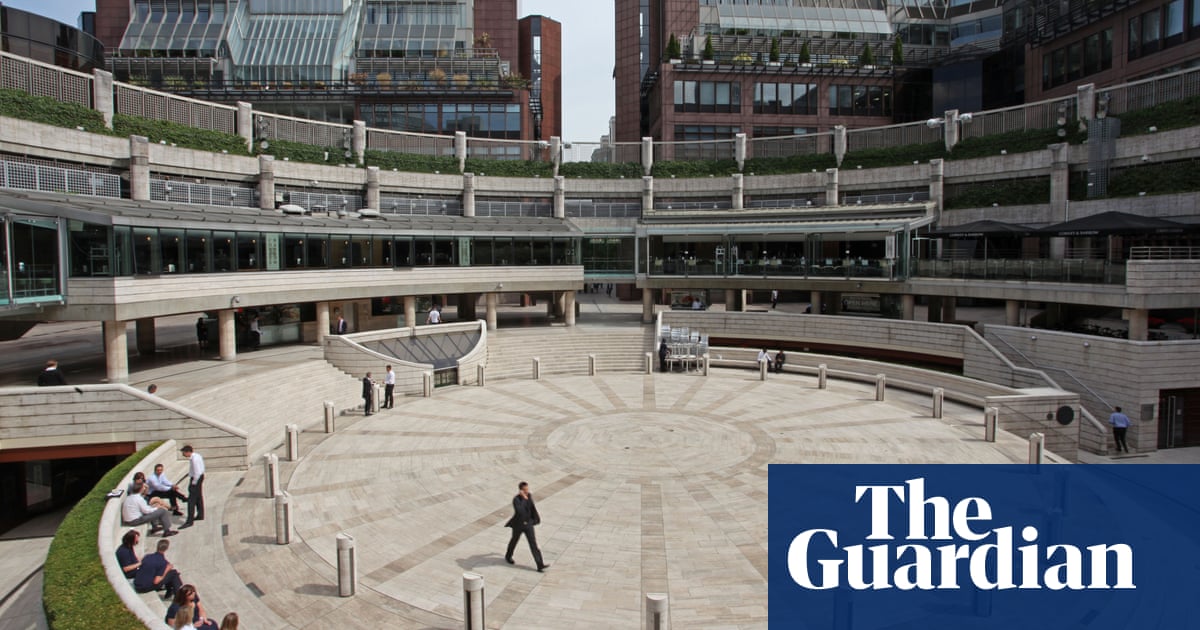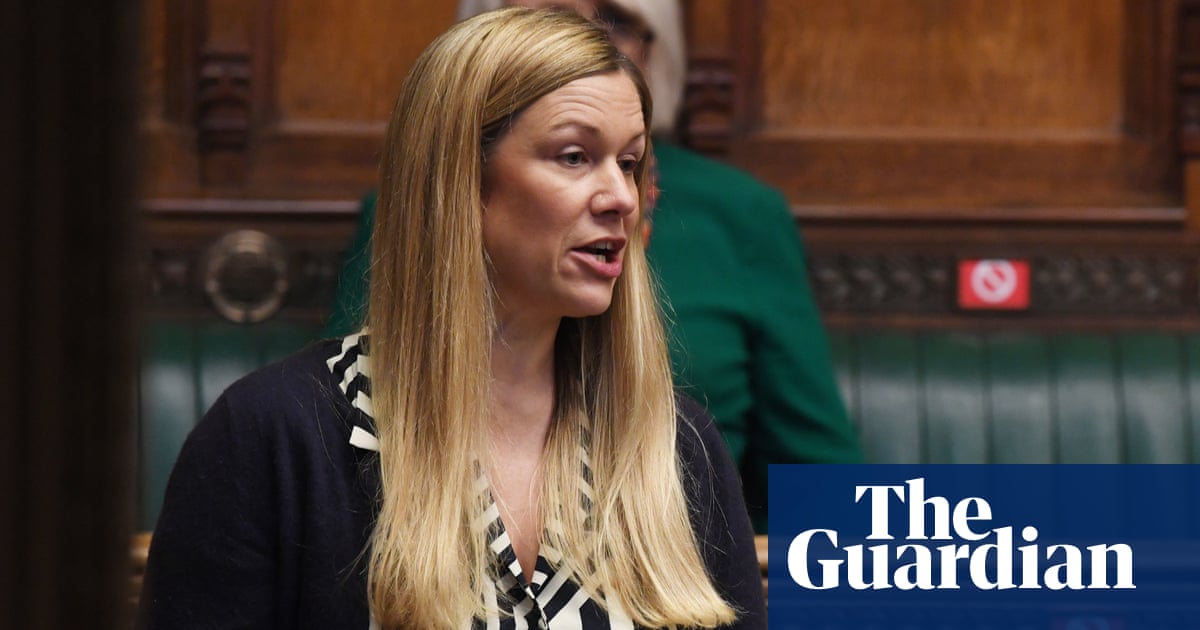
The property developer British Land is being relegated from the UK’s blue-chip share index, ending a 21-year run in the FTSE 100 after its value was hit by rising interest rates and the disruption caused by last autumn’s mini-budget.
The online supermarket and retail technology group Ocado has clung on to its prized spot in the ranking, however, despite a sharp fall in its value since the heights of the pandemic.
The index provider, FTSE Russell, announced the latest quarterly shake-up on Wednesday evening. The index, which features the 100 most highly capitalised companies whose shares are traded in London, is rebalanced four times a year by relegating any company that has fallen below 110th position on the London market.
Stocks in the smaller FTSE 250 index can be automatically promoted if they’ve risen to 90th place or higher based on Tuesday night’s closing share prices. The reshuffle takes effect from the start of trading on Monday 19 June, when British Land will move to the FTSE 250.
Ocado had also been vulnerable to ejection from the FTSE 100, but a pickup in its share price last week helped it to hold its position.
Ocado is the worst-performing member of the FTSE 100 this year, down almost 40% since the start of 2023. Its shares have plunged by 85% since their peak in September 2020, when pandemic lockdowns boosted demand for home grocery deliveries.
Frasers Group, the retail chain founded by Mike Ashley, also managed to hold onto its position in the FTSE 100 index despite a fall in its value this year.
British Land has been hit by soaring interest rates, which have hurt the UK commercial property market, on top of the move towards home working. Its shares have dropped by 13% so far this year, a fall that ended more than two decades in the top ranking.
British Land’s chief executive, Simon Carter, estimated earlier this month that the value of prime London offices was “close to the bottom” after sharp falls in recent months.
Last week’s higher-than-expected UK inflation reading, which may prompt further interest rate increases, dented the value of the firm, which has major holdings in the City of London at Broadgate, and in Paddington. It is also developing a large life sciences building at Canada Water in south-east London.
Susannah Streeter, the head of money and markets at Hargreaves Lansdown, compared Ocado’s great escape to last weekend’s Premier League finale.
Ocado, like Everton, “escaped relegation at the last gasp as the FTSE reshuffle deadline loomed,” she said.
The company has been “lifted up on the coattails of M&S”, which reported an increase in annual sales and profits last week, she said. “Although their joint venture has been struggling, M&S has staged a slick recovery and still spies further potential with their partnership.
“It is planning to deepen its collaboration with an Ocado Retail reset under way. This will include leveraging the potential of its vast treasure trove of M&S customers.”
British Land’s place will be taken by the Birmingham-based engineering stock IMI, whose shares have jumped by 25% so far this year.
“IMI is well known to seasoned investors, previously having been a FTSE 100 stalwart in its days as Imperial Metal Industries and having been previously relegated in December 2014,” said Richard Hunter, the head of markets at interactive investor.












